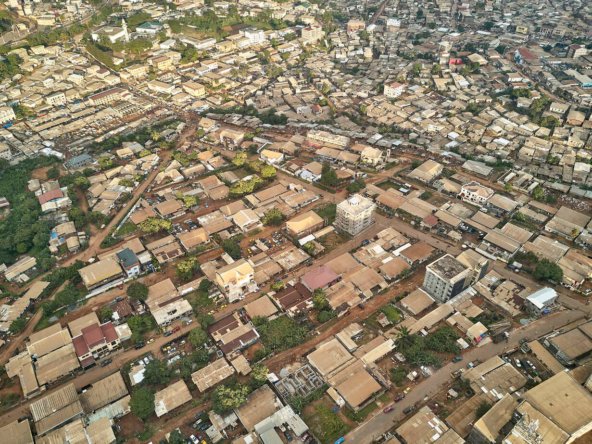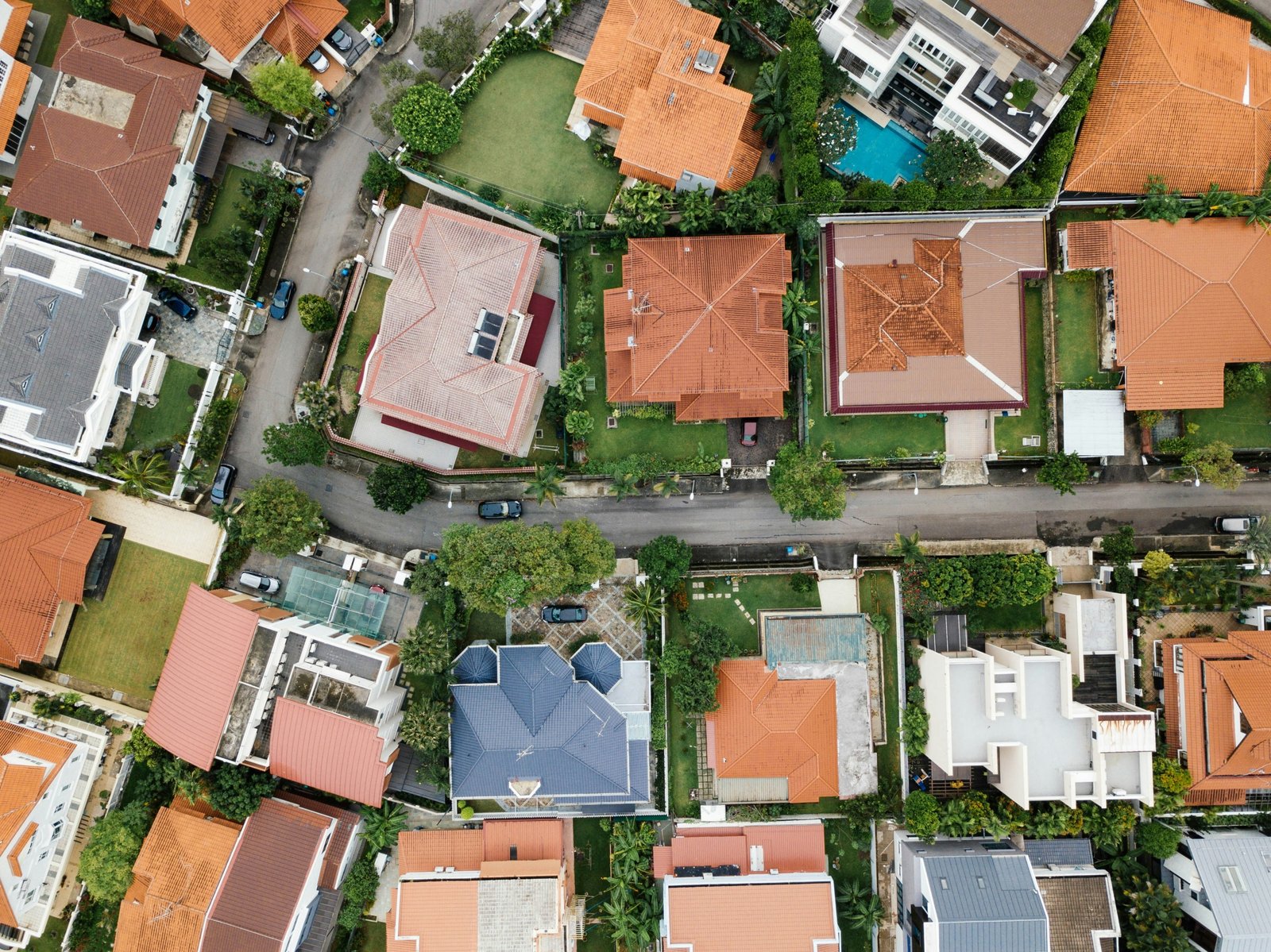Legal Requirements to Own Land and Buildings in Cameroon
Cameroon, located in Central Africa, has specific legal requirements for owning land and buildings. Whether you are a citizen or a foreigner, it is important to understand the legal framework and procedures involved in acquiring and owning property in Cameroon. This article will outline the key legal requirements for owning land and buildings in Cameroon.
1. Land Tenure System
In Cameroon, the land tenure system is based on two main categories: customary land and state land. Customary land is owned and controlled by traditional authorities, while state land is owned and controlled by the government.
When acquiring land in Cameroon, it is essential to determine whether the land falls under customary or state land. The legal requirements may vary depending on the type of land tenure system. Advice from an expert is required.
2. Land Acquisition Process
The process of acquiring land in Cameroon involves several steps and legal requirements. Here are the key aspects of the land acquisition process:
a. Land Identification
The first step is to identify the land you wish to acquire. This can be done through various means, such as contacting a real estate agent, consulting with a lawyer, or conducting research on available properties.
b. Due Diligence
Before finalizing the land acquisition, it is crucial to conduct due diligence. This involves verifying the ownership of the land, checking for any encumbrances or legal disputes, and ensuring that the land is suitable for your intended use.
c. Purchase Agreement
Once you have identified the land and completed the due diligence process, the next step is to enter into a purchase agreement with the seller. This agreement should outline the terms and conditions of the sale, including the purchase price, payment terms, and any other relevant details.
d. Land Registration
After the purchase agreement is signed, it is necessary to register the land with the appropriate authorities. This involves submitting the necessary documents, such as the purchase agreement, proof of payment, and other supporting documents, to the land registry.
e. Transfer of Ownership
Once the land is registered, the transfer of ownership can take place. This involves updating the land records to reflect the new owner’s details and issuing a certificate of ownership.
3. Building Construction and Ownership
In addition to owning land, if you plan to construct a building on the acquired land, there are specific legal requirements to be aware of:
a. Building Permits
Before commencing any construction, you must obtain a building permit from the relevant local authorities. The building permit process involves submitting architectural drawings, structural plans, and other necessary documents for approval.
b. Compliance with Building Codes
During the construction process, it is essential to comply with the building codes and regulations set by the government. This includes adhering to safety standards, structural requirements, and environmental regulations.
c. Property Tax
As a property owner in Cameroon, you are required to pay property taxes. The amount of property tax will depend on various factors, such as the location, size, and value of the property.
d. Ownership Transfer
If you decide to sell the building in the future, the ownership transfer process is similar to the land transfer process. It involves updating the property records and issuing a new certificate of ownership to the buyer.
Conclusion
Acquiring and owning land and buildings in Cameroon involves several legal requirements. It is crucial to understand the land tenure system, follow the proper land acquisition process, and comply with building regulations. Consulting with a lawyer or real estate professional can help navigate through the legal complexities and ensure a smooth property ownership experience in Cameroon. This is were we Gla-Mour Real Estate site comes in you can find the best real state agency, agents who can navigate you through the process.


